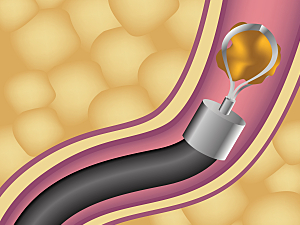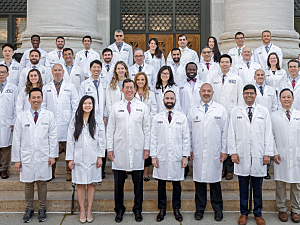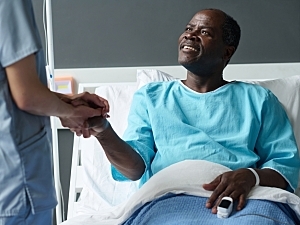Ultrasound-First Nephrolithiasis Evaluation for Appropriate Patients Would Reduce U.S. Costs by Millions

Brigham and Women’s Hospital researchers have demonstrated that a point-of-care ultrasound (POCUS)-first approach for evaluating nephrolithiasis in patients who meet certain criteria could produce substantial national cost savings, as well as clinical benefits.
Read More...







